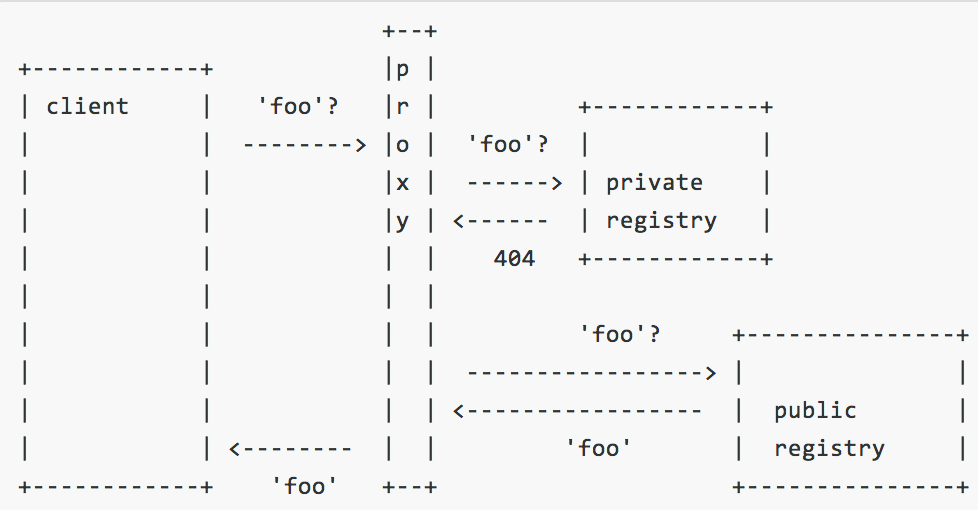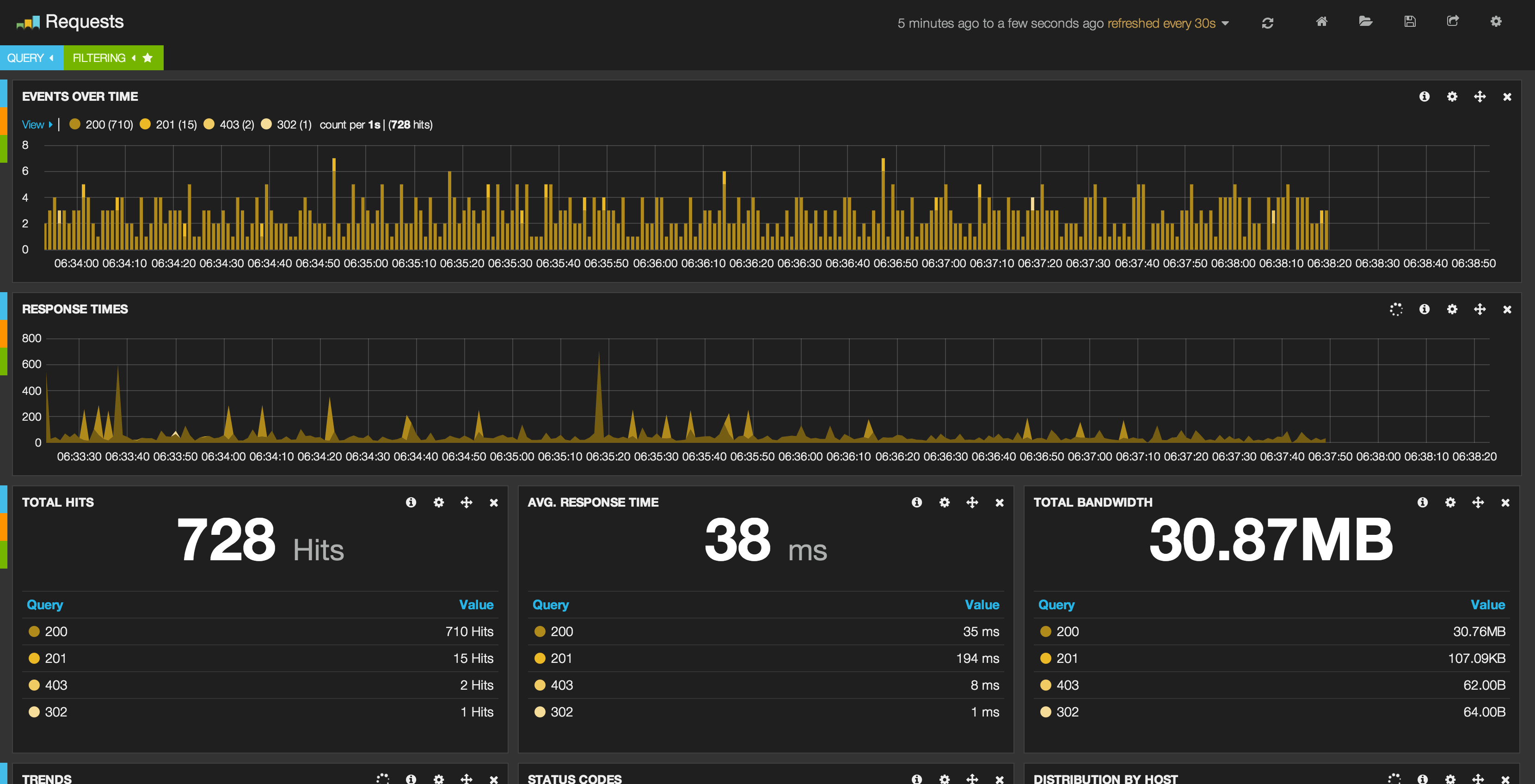Node in Production
Best practices and techniques

@eschoff - @funkytek - @uhduh - @wearefractal
Consulting, training, products, professional services
contact@wearefractal.comOpen source is at github.com/wearefractal
TODO List
- Git workflow
- NPM dependencies
- Private NPM registry
- Logging best practices
- Error management
- Process management
Workflow
Git
Use two different branches. One for development, one for production.
Use CI servers on each branch to deploy to staging and production.
NPM Shrinkwrap
npm shrinkwrapALWAYS BEFORE PUSHING TO PRODUCTION!
This ensure package integrity via SHA hashes
This prevents security + stability issues
Private NPM
Simple answer: Use kappa
Private modules will be handled by this registry, request for other modules will be proxied to the main registry.
Kappa

Private NPM alternatives
You can use git or HTTP URLS to install packages!
{
"name": "cool project",
"dependencies": {
"module1": "http://godaddy.com/secret/package.tar.gz",
"module2": "git@secretgit.godaddy.com:myteam/module2.git"
}
}Application
Logging
Log all the things with Bunyan. Bunyan is a fast JSON logging library for Node.js.
You should be logging:
- Every Request
- Application Errors
- Uncaught Exceptions
- Process Metrics (Memory Usage, Heap Size, Uptime)
Setup
Create a logger and attach your streams and serializers.
var bunyan = require('bunyan');
var elasticsearch = require('bunyan-elasticsearch');
var logger = bunyan.createLogger({
name: "My Application",
streams: [
{ stream: process.stdout },
{ stream: new Elasticsearch() }
],
serializers: bunyan.stdSerializers
});
logger.info('Starting application on port %d', app.get('port'));
Log Every Request
Create a log message for every request with response times and content length.
var requestLogger = function (req, res, next) {
var start = new Date();
var end = res.end;
res.end = function (chunk, encoding) {
var responseTime = (new Date()).getTime() - start.getTime();
end.call(res, chunk, encoding);
var contentLength = parseInt(res.getHeader('Content-Length'), 10);
var data = {
res: res,
req: req,
responseTime: responseTime,
contentLength: isNaN(contentLength) ? 0 : contentLength
};
logger.info(data, '%s %s %d %dms - %d', data.req.method, data.req.url, data.res.statusCode, data.responseTime, data.contentLength);
};
next();
};
Attach the request logger middleware to your Express app
app.use(requestLogger);Custom Error Handler
Log errors that would normally get caught by the Express error handler
var errorLogger = function (err, req, res, next) {
logger.error({ req: req, res: res, error: err }, err.stack);
next(err);
};
And after the express.router()
app.use(errorLogger);
Log Exceptions
Wrap every request in a domain and log exceptions. This should be you very first function in your middleware chain.
app.use(function (req, res, next) {
var requestDomain = domain.create();
requestDomain.add(req);
requestDomain.add(res);
requestDomain.on('error', function (err) {
var data = { req: req, res: res, error: err };
logger.fatal(data, err.message);
});
next();
});
Log Process Metrics
It's a good idea to log your process matrics periodically for monitoring.
setInterval(function () {
var startTime = Date.now();
setImmediate(function () {
var data = process.memoryUsage();
data.uptime = process.uptime();
data.pid = process.pid;
data.tags = ['process-metrics'];
data.lag = Date.now()-startTime;
logger.info(data,
'process.pid: %d heapUsed: %d heapTotal: %d rss: %d uptime %d lag: %d',
data.pid,
data.heapUsed,
data.heapTotal,
data.rss,
data.uptime,
data.lag
);
});
}, 5000);
Set the interval to something sane based on how much log data you want to manage.
Set up Dashboards with Kibana

Processes
Use monit + upstart to keep your server online
Use node's cluster module to make sure an error doesn't bring your whole server down
var cluster = require('cluster');
var os = require('os');
if (cluster.isMaster) {
var children = os.cpus().map(cluster.fork);
cluster.on('exit', function(worker) {
cluster.fork();
});
return;
}
var server = require('./your-server');